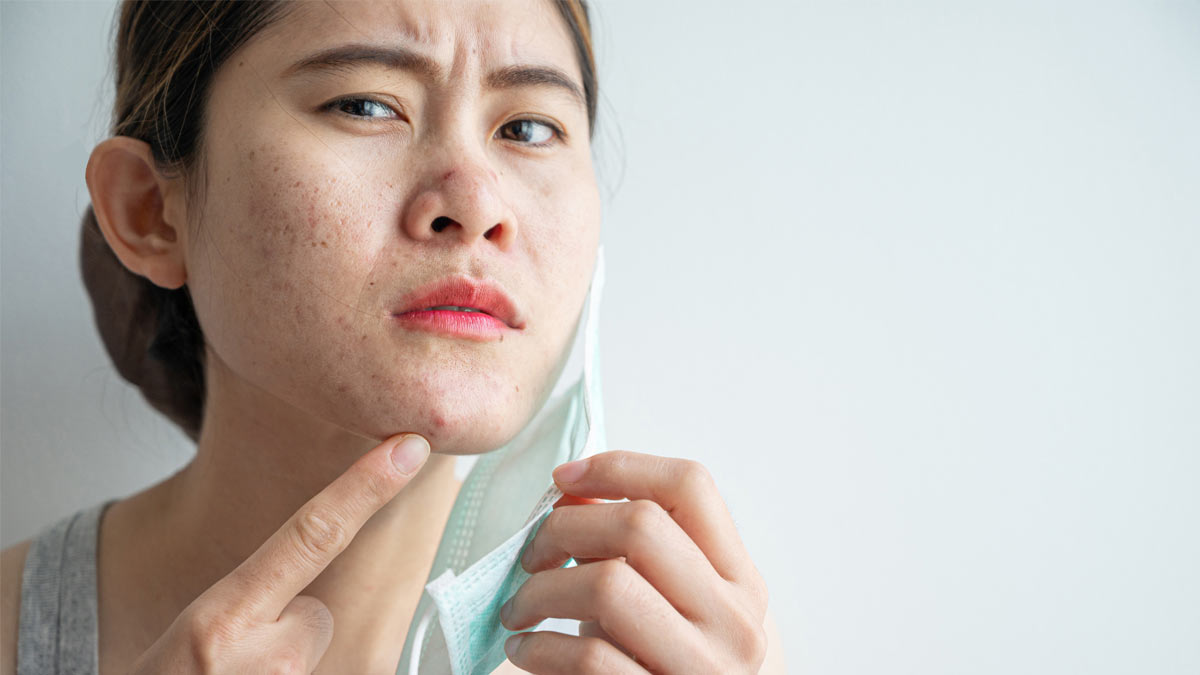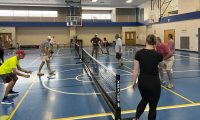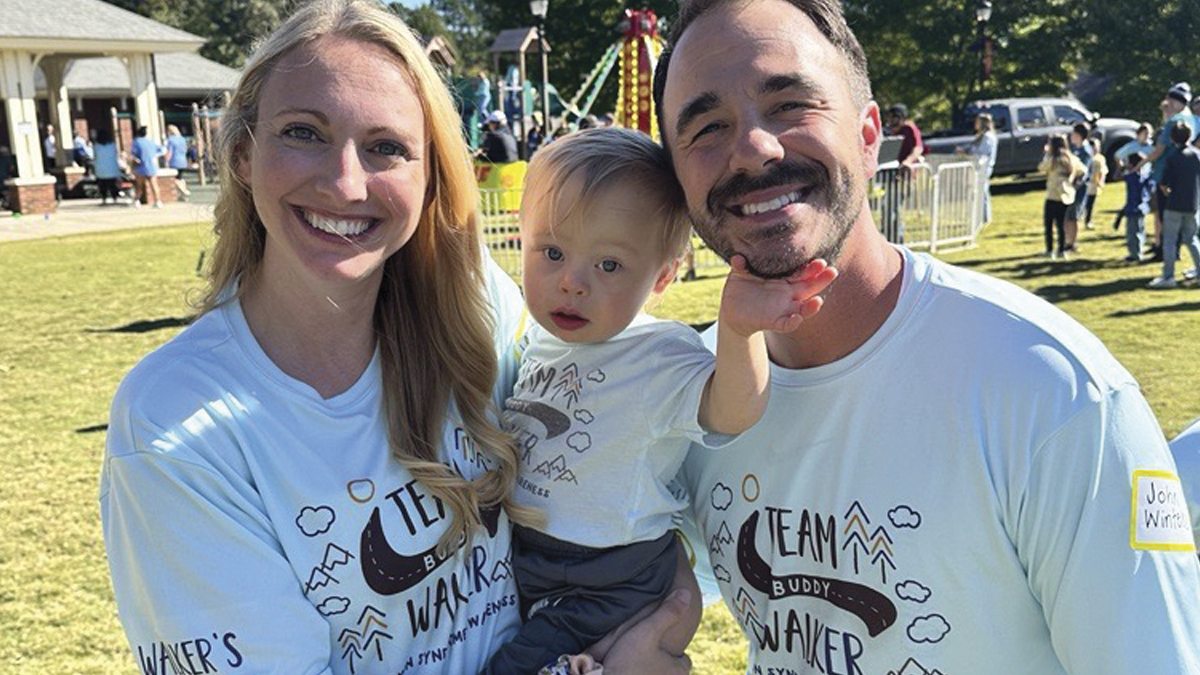Since the beginning of the COVID-19 pandemic, face masks have been an integral part of the strategy to slow the transmission rate of the novel coronavirus. From hospital grade surgical masks to handmade versions, bandanas to fashion statements, masks in various forms have been a part of our lives for more than a year. One of the surprising — and perhaps most irritating — side effects has been the rise of “maskne.” A portmanteau of the words “mask” and “acne,” maskne is the prevalence of irritation and acne caused by wearing face masks for long periods of time.
Todd Schlesinger, M.D., FAAD, a board-certified dermatologist with Roper St. Francis Health System and founder and medical director of the Dermatology & Laser Center of Charleston and the Clinical Research Center of the Carolinas, explained that maskne is typically used as a basket diagnosis and can include any of the following:
- Traditional acne: Masks can be occlusive, which increases the risk of bacterial overgrowth and oil production and leads to clogged pores.
- Rosacea: Central facial redness or splotches are typically seen on fair skin and can be made worse by the heat caused by wearing a mask.
- Contact dermatitis rash: This rash occurs due to products being on or in close proximity to the skin. Occlusion can cause deeper absorption in the skin.
- Infection of the hair follicles: Also known as folliculitis, the irritation and infection is more prevalent thanks to bacterial buildup.
Masks that fit well, even those made of surgical grade material, breathable or performance fabrics or cotton, tend to trap warm, humid air against the skin, which creates a perfect environment for bacteria and yeast to grow. Coupled with friction from the mask rubbing against the skin, it is not surprising that maskne has become such a nuisance, even for people who previously reported clear skin with few to no breakouts.
Experts recommend washing masks frequently in warm, soapy water and allowing them to dry completely between uses. Alternating clean masks may also help to reduce consistent inflammation on specific parts of the face aggravated by a certain mask. Lexi Brannon, a licensed aesthetician with Bare Beauty Loft, recommended that individuals wash, tone, treat and moisturize their skin twice a day, morning and evening, and avoid touching or rubbing their face as much as possible. Hands can carry oil or dirt and bacteria that in turn can cause further outbreaks, so the less contact the better. Bare Beauty Loft offers several facial options for clients seeking relief and relaxation; The Clarifier is Brannon’s favorite for helping to fight and treat acne. Each facial can be tailored to the person’s specific skin type and condition and many feature ingredients including salicylic acid, retinol or tea tree oil. After each facial, clients are reminded to moisturize and wear plenty of sunscreen.
Dr. Schlesinger pointed out that products that are normally applied to the skin may cause issues because their potency is increased by wearing a mask. Individuals with sensitive skin may need to cut back on their skin care regimen by using less product or applying it less frequently.
“Be aware that adverse effects can be magnified by wearing a mask, so be careful. Don’t overtreat; don’t overapply. More isn’t always better,” said Dr. Schlesinger, who advises his patients to keep their masks clean by washing them daily or to dispose of single-use masks at the end of each day.
Though maskne is a common term, individuals should be aware that there could be underlying issues. Regular skin-care checks, particularly those that check for rashes, are an important part of a healthy lifestyle, so it is best not to avoid visits to your primary care provider or dermatologist.
“It’s important not to delay care,” Dr. Schlesinger said. “There may be something else going on. We encourage patients to continue to get skin-care checks as safely as possible, and a face-to-face encounter is best.”
To learn more about Bare Beauty Loft or to schedule an appointment, visit www.barebeautyloft.com. To contact Dr. Todd Schlesinger or learn more about his practice, visit www.dermandlaser.com or call 843-556-8886.







